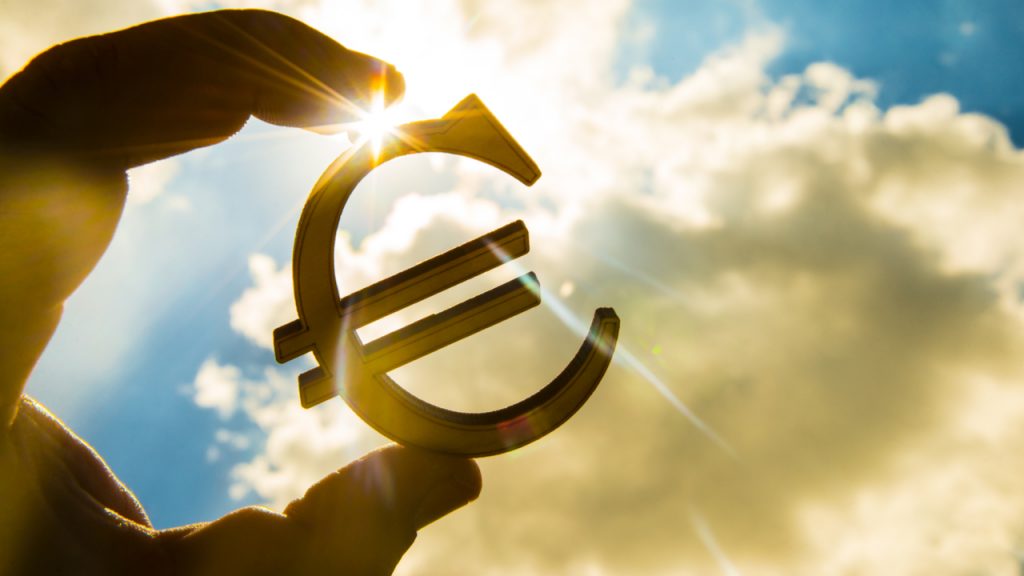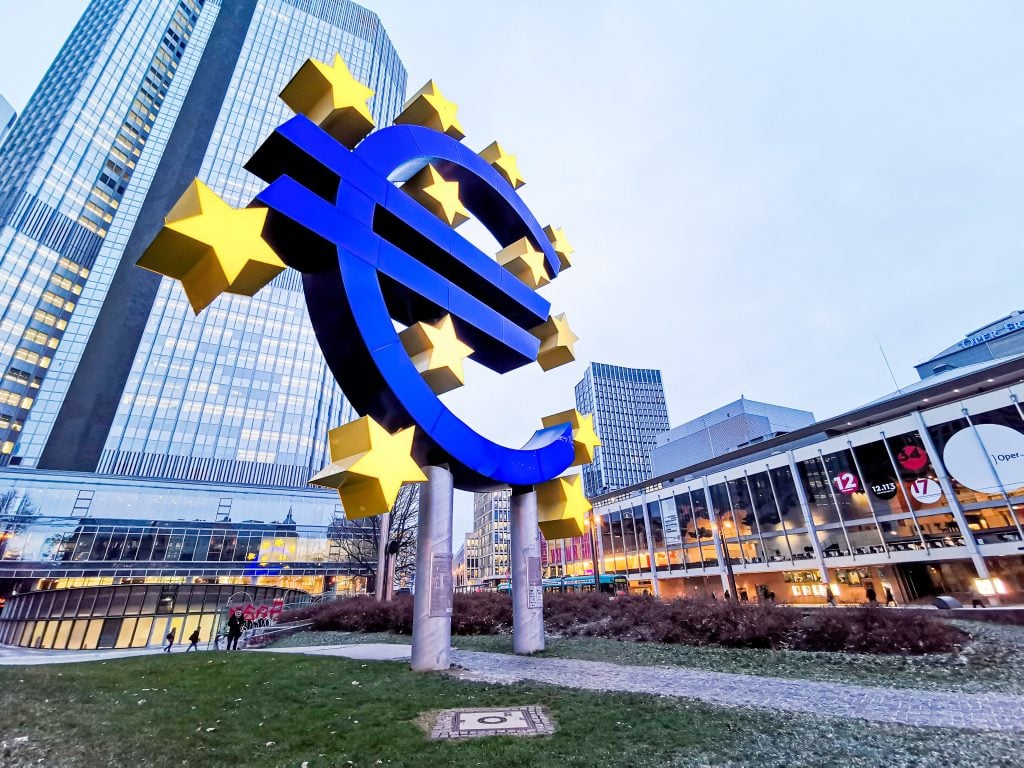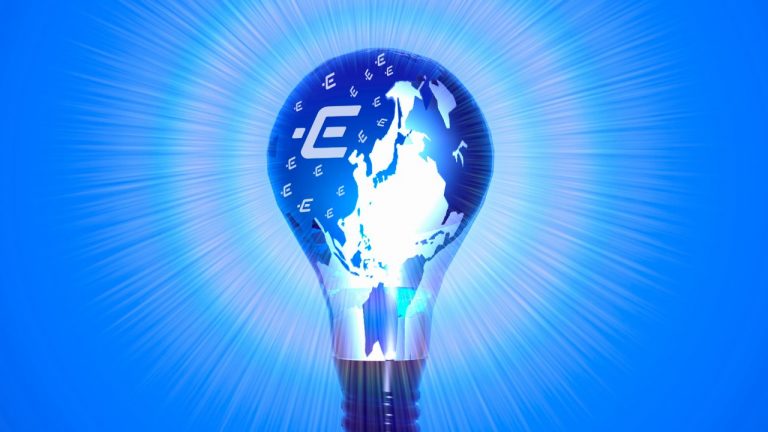From Asia to Europe, major central banks all around the world are expected to announce their own digital currencies soon. This is vindication that stablecoins like EURST are on the right path forward, and they can serve to show how national economies should reinvent themselves following the current crisis.
Why Everyone Wants a CBDC Now
There is a lot of discussions in economic forums and reports in the financial press these days about central bank digital currencies (CBDCs) and how they can help with building a new post-Covid economy. Many countries in various regions are said to be developing some version of a CBDC, as far apart as Thailand and Ukraine. In fact, major central banks have been working on CBDCs for a few of years already, and the European Central Bank’s upcoming digital euro and China’s digital yuan are expected to be among the first.
Even usually closed minded anti cryptocurrency detractors are now forced to admit that digital currencies are an unavoidable reality. For example, no other than “Dr. Doom,” economist Nouriel Roubini, now predicts a “big revolution” coming in the next few years due to many central banks launching their own digital currencies.
This is mainly happening because central bankers are seeing the success of stablecoins, digital tokens pegged to national currencies, and they fear being left behind as people are choosing to use the new innovation. Stablecoins also serve as a clear example for the central bankers of the world of how the technology of digital currencies work, and the positive impact they can have on their regional economies.

A leading example of a digital currency for the European economy is EURST, a USD asset-backed and live-audited stablecoin created by Mr Simone Mazzuca. This digital currency from Wallex Trust represents 1€ worth of USD, secured by the accounts of the federal reserve and Wallex Trust.
“Digital currency that represent countries or states is now a very trending topic. This is happening because stablecoins work. They are effective. EURST is an example for the European economy, but for us EURST is also just the beginning, it’s a taste of what can be done. Our aspiration is to ‘beat’ the system and to build the system.” – Simone Mazzuca
The Path Forward With EURST
One of the major technological challenges for digital currencies that will have official state backing is that will have to comply with a whole host of complex financial regulations. Anyone can just issue a token using a blockchain like ethereum, but to integrate with the legal framework on a national level you need to prove it is backed by an asset as claimed, you need to prove it follows regulations and compliance laws, and you need ways to prevent bad actors from taking advantage of it.
The Wallex Group, which secures EURST and includes Wallex Trust and Wallex Custody, is a regulated entity, with an insurance account, and it follows strict compliance procedures for AML (5th Directive Anti-Money Laundry) and know-your-customer (KYC) procedures. In this way EURST can be complaint with with European regulations and get integrated with the traditional financial system. This enables businesses and individuals to interact with the system they are used to while also benefiting from the many advantages of digital assets.

“This is where the new economy is heading and for companies like us, The Wallex Group and EURST, that is just the beginning. We are giving people the ability to have financial power again. We let people create startups and use this technology to the best of its ability.” – Simone Mazzuca
This is a sponsored post. Learn how to reach our audience here. Read disclaimer below.
The post The EURST Stablecoin Set the Path That Major Central Banks Now Want to Follow appeared first on Bitcoin News.














